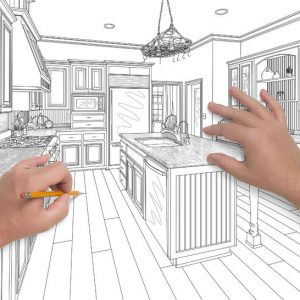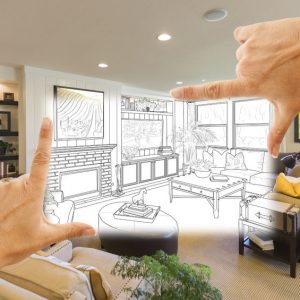 Steve Hoffacker LLC, is an AOTA Approved Provider of professional development. Course approval ID #8651. This distance learning-interactive activity is offered at .4 CEUs, introductory educational level for Category One, Occupational Therapy Service Delivery. The assignment of AOTA CEUs does not imply endorsement of specific course content, products, or clinical procedures by AOTA.
Steve Hoffacker LLC, is an AOTA Approved Provider of professional development. Course approval ID #8651. This distance learning-interactive activity is offered at .4 CEUs, introductory educational level for Category One, Occupational Therapy Service Delivery. The assignment of AOTA CEUs does not imply endorsement of specific course content, products, or clinical procedures by AOTA.
This half-day (0.4 CEUs and 4 Contact Hours) elective class of original material by Master CAPS Instructor and AOTA Approved Provider Steve Hoffacker was inspired by the tiny home movement and traditional multigenerational households and created to address the needs of occupational therapists as an introductory level class in Contemporary Issues & Trends for Category One, Occupational Therapy Service Delivery as you explore opportunities to leverage your CAPS training and provide non-clinical services in the home for the residents and their families, regardless of their abilities or the nature of their dwelling.
This course also is appropriate for physical therapists, consultants, interior designers, real estate agents, case managers, move managers, and others interested in providing a safe and comfortable home living environment for the public.
There is no prerequisite for this course, but completing the CAPS designation program is recommended. While it can be taken by non-CAPS professionals as well, there are some references to the CAPS material that would be helpful to understand.
This is being offered as a live Zoom, synchronous, interactive, distance learning class with PowerPoint and is not self-paced or pre-recorded.
This is not a required class for any designation but a continuing education course providing 4 hours for people who track and self-report their hours. Presently, the CEU hours count for AOTA, APTA, NAHB/CAPS, AIBD, and NKBA designations, and possibly others.
The class was prepared especially for occupational and physical therapists as well as design professionals, remodelers, and others committed to creating safe, comfortable, and efficient living environments for their clients and members of the public.
Steve receives no compensation or endorsement from any of the brand names or companies mentioned or referenced and has no financial interest in any outside organizations.
This class is not limited to any particular occupation or country, but there is a major emphasis on the role of occupational therapists in providing aging in place services such as the ones described in this course. Since this is a new direction for clinical occupational therapists, the material is considered introductory in nature but extremely relatable and valuable.
Specifically, by the end of the program, you will be able to:
- Describe the need for multigenerational housing in this country and how the opportunity for a solution has evolved to the present
- Explain what the tiny home movement is and state why it is a precursor for ADUs
- List the four major functions of an ADU as defined by the research
- Recall at least three areas within an existing home that may accommodate an ADU
- Name other common structures a person might have on their property that could serve as an ADU, with or without modification
- Discuss why the marketplace concept (Type 1) and aging in place (Type 2) differ with respect to using ADUs effectively
- State how the ADU provides a valuable aging in place solution and experience for families wanting their aging or special needs loved ones to be close to them.
- Recall three ways that you can participate in the process of helping to create ADUs for aging in place on your client’s property
- Relate how you can develop a business to provide ADU services and serve your clients effectively
The agenda followed for this program is:
- Introduction To Content / Section 1 (What To Expect) 9:00-9:15
- Section 2 (Getting Started) – 9:15-10:00
- Section 3 (Creating Solutions) 10:10-10:30
- Section 4 (Establishing The ADU) 10:30-11:00:
- Section 5 (The ADU Layout) 11:10-11:50
- Section 6 (Delivering The ADU) 12:00-1:20
- Questions / Post-Course Evaluation (1:20-1:30)
Successful completion of the course is attendance for the entire event, participation in the activities and discussion, having an active camera, and obtaining a 70% passing score on the in-class knowledge/skill check questions.
Anyone requiring special considerations or accommodations to attend the classes for vision, hearing, or comprehension speed should contact Steve prior to the class or use the accessibility widget on the site.
** In order to keep the format of the classes interactive and to be able to answer everyone’s questions, class sizes will be kept small and registration may be closed once the optimal class size has been reached. There are several additional offerings of this class, however.





